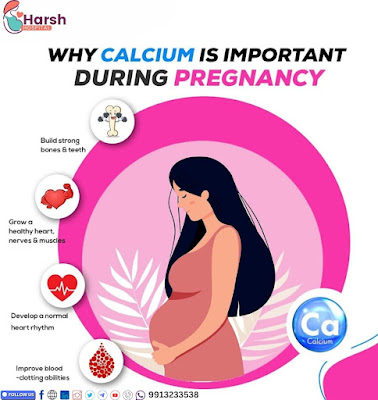 |
Understanding Laparoscopic Indications: Advanced Care by Dr. Hitesh Patel at Harsh Hospital, Himatnagar, Gujarat
Laparoscopic surgery, also known as minimally invasive surgery, has revolutionized medical care by offering safer and more efficient treatment options for a variety of conditions. At Harsh Hospital, Himatnagar, Dr. Hitesh Patel, a renowned gynecologist, specializes in advanced laparoscopic procedures, providing excellent care for women in Sabarkantha, Gujarat.
Common Indications for Laparoscopic Surgery
Laparoscopic surgery is a preferred choice for diagnosing and treating numerous gynecological and abdominal conditions. Here are the primary indications:
Uterine Fibroids
Removal of fibroids causing pain, heavy menstrual bleeding, or fertility issues.
Ovarian Cysts
Treatment for cysts that are large, persistent, or causing discomfort.
Endometriosis
Removal of endometrial tissue causing pelvic pain and infertility.
Ectopic Pregnancy
A minimally invasive approach to treat pregnancies outside the uterus.
Chronic Pelvic Pain
Investigation and management of unexplained pelvic pain.
Pelvic Inflammatory Disease (PID)
Diagnosis and treatment of severe PID and associated complications.
Infertility Evaluation and Treatment
Identifying structural causes of infertility, such as blocked fallopian tubes.
Hysterectomy (Laparoscopic)
Removal of the uterus for conditions like fibroids, adenomyosis, or cancer.
Benefits of Laparoscopic Surgery
Laparoscopic procedures offer several advantages over traditional open surgeries:
Minimal Scarring: Smaller incisions lead to reduced scarring.
Faster Recovery: Shorter hospital stays and quicker return to daily activities.
Reduced Pain: Less post-operative pain and discomfort.
Lower Risk of Infection: Smaller incisions decrease the risk of infections.
Enhanced Precision: Advanced technology allows for greater surgical accuracy.
Why Choose Harsh Hospital?
Expertise of Dr. Hitesh Patel: With years of experience, Dr. Hitesh Patel provides advanced laparoscopic care tailored to each patient's needs.
State-of-the-Art Facility: Harsh Hospital is equipped with modern technology to ensure the best outcomes.
Patient-Centric Care: From consultation to post-operative recovery, we prioritize patient comfort and well-being.
Conclusion
Laparoscopic surgery is a game-changer for women’s health, offering effective solutions with minimal disruption to your life. If you are experiencing any of the above conditions or require expert gynecological care, consult Dr. Hitesh Patel at Harsh Hospital, Himatnagar. Experience the difference of advanced, compassionate care.
Contact Us
📍 Harsh Hospital, Himatnagar, Sabarkantha, Gujarat
📞 Call us: +91-9913233538
🌐 Visit: www.harshhospitals.com

















